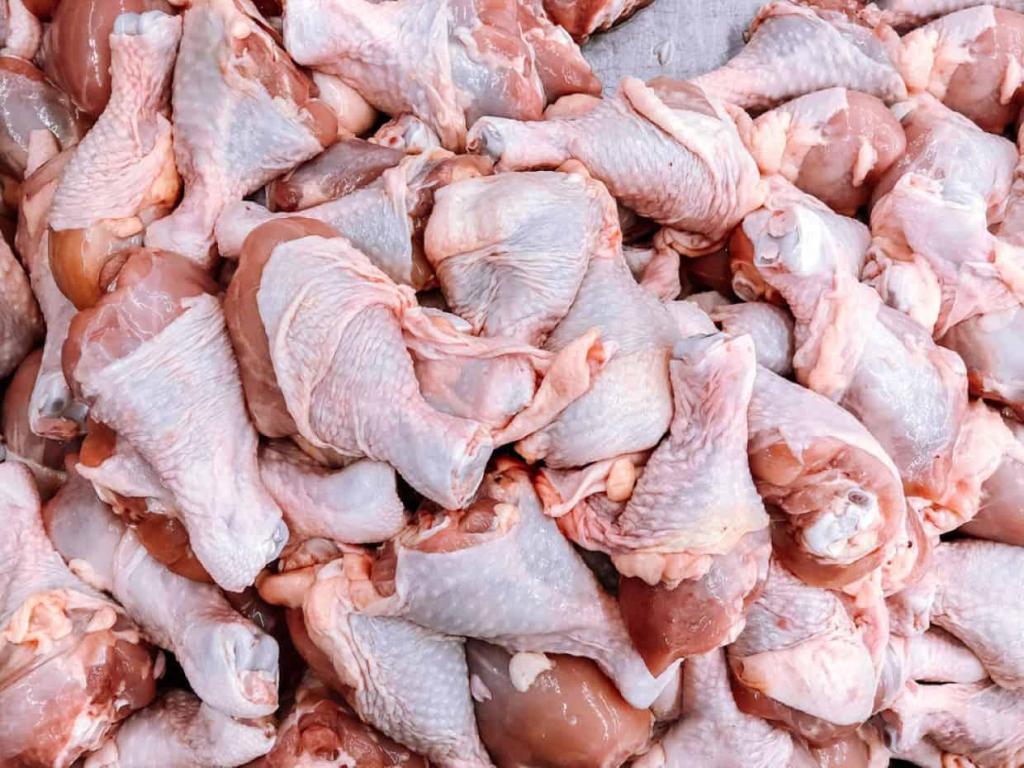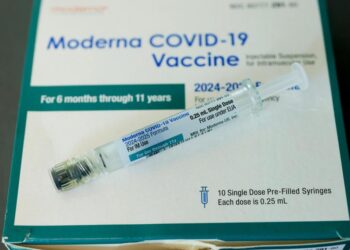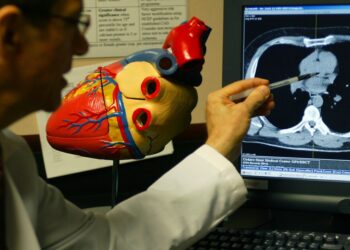Sara Nelson (Associated Press)
Is that day-old rice safe to eat? Can your three-year-old clean up the cookie dough mixing bowl? And do you really need to keep butter in the fridge?
When the topic of food preparation is on the table, it seems like everyone has an opinion. If you’ve ever gotten into an argument about these controversial food practices, then keep reading for the science-based answers that will put the debates to a halt once and for all.
Does cooking really burn off all the alcohol?
Many recipes call for a splash of wine or a dash of liquor, but how much of that alcohol actually remains after cooking? The answer depends on the cooking method and time.
According to a study by the USDA, cooking can reduce the alcohol content, but it doesn’t eliminate it entirely. For instance, simmering a dish for 30 minutes can remove about 35% of the alcohol, while cooking for an hour can reduce it by around 25%.
Longer cooking times lead to further reduction, but trace amounts can still remain. Therefore, while the alcohol content significantly decreases, it’s not entirely cooked out, so be sure to consider this if serving to individuals who avoid alcohol.
How to safely enjoy leftover rice
Meal preppers rejoice: As long as you follow proper guidelines when preparing, storing and reheating, leftover rice is safe to eat the next day. Plus, picking the proper recipe will help you avoid your rice drying out overnight. Making fried rice is a great option, as is this creamy and filling wild rice mushroom soup.
The great raw cookie dough-bate
Baking cookies with your little one is a sweet way to help them foster a love of cooking at a young age. But when they beg you for a taste of raw cookie dough, do you have to say no?
According to the United States Center for Disease Control and Prevention, or CDC, eating raw cookie dough is never safe. Raw cookie dough usually contains raw flour and eggs, which can, in turn, contain germs that make people sick. To be on the safe side, you…
Read the full article here







